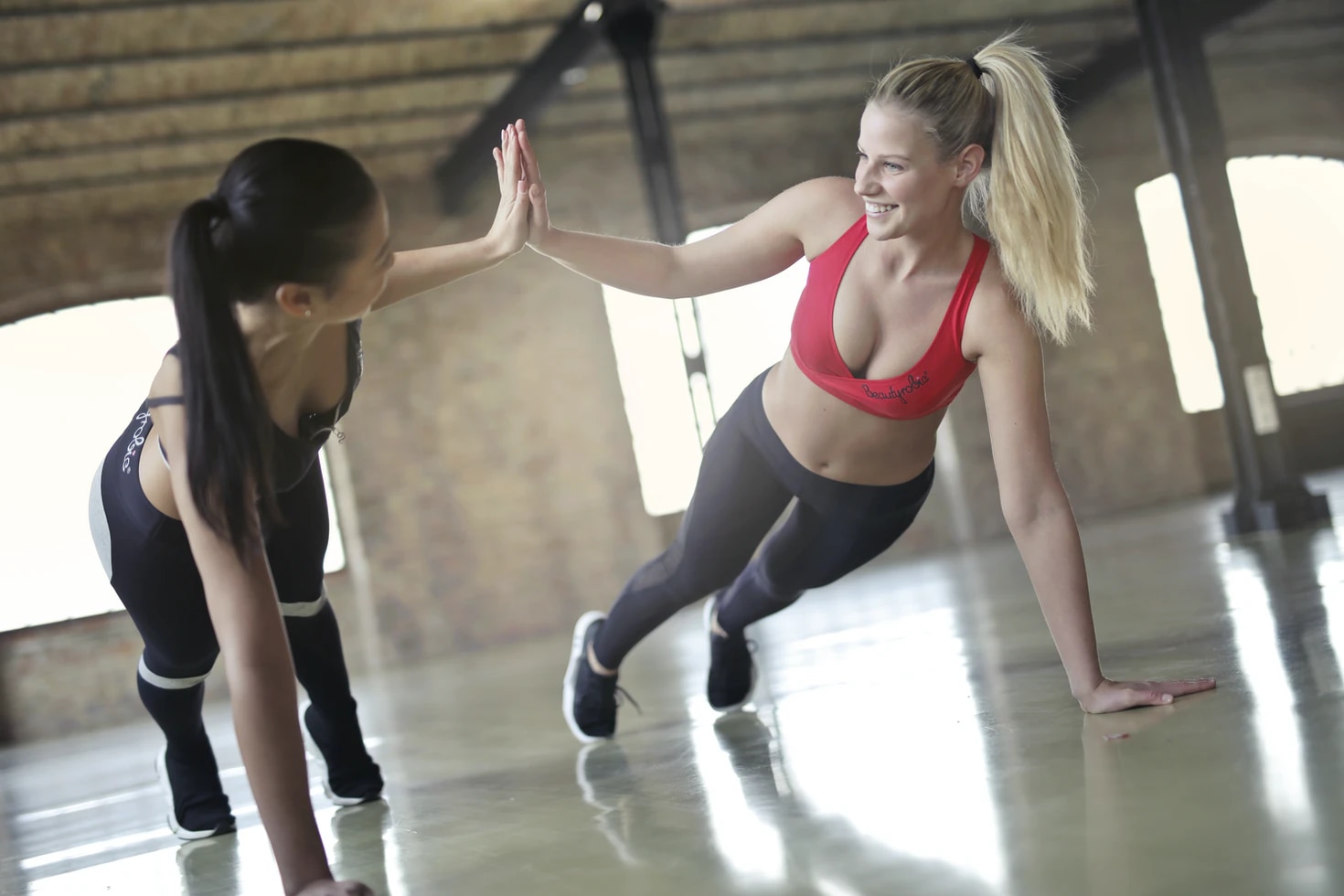If you’re new to the world of fitness, first things first - congratulations. Regular exercise has been shown to improve mental and physical health, plus it’s a great way to stay in shape. Gyms or working out can be intimidating to newbies, but the truth is that exercise is for everyone.
Don’t yet know your dumbbells from your kettlebells? Never heard of a tricep dip? Don’t worry, whatever your body type or fitness level, there’s a style of exercise or workout out there to suit your needs.
Here are our best tips for exercise beginners before you start your new routine.
1. Take Your Time
Many exercise beginners approach working out with a ‘go hard or go home’ mentality that involves pushing yourself to the limit in pursuit of quick results.
The truth is, losing weight or building muscle through exercise takes time and trying to rush results can actually have the opposite effect. If you start working out seven days per week and lifting weights that are too heavy for you, you can quickly get injured or become burnout.
Injury and exhaustion will render you unable to work out for a few weeks, therefore negatively impacting your long-term results. Instead of rushing for results or personal bests, take your time with your new training regime.
Opt for 3-4 days of weight training or cardio per week, and participate in gentle exercises such as walking or yoga in between. You should have at least two rest days per week.
2. Eat and Drink Enough
It’s a myth that exercising regularly has to be paired with a large calorie deficit for weight loss results. In fact, removing too many calories from your diet can lead to less energy and negatively impact your results at the gym.
If your goal is building muscle, make sure you eat enough protein to support this process. Carbohydrates are there to give you energy, so eat wholegrain sources of carbs such as wholewheat pasta or quinoa for energy.
If you’re new to working out, you’ll dehydrate more quickly than usual during a workout because of the sweat. Avoid dehydration by drinking plenty of water - between two and three litres of water a day is a reasonable goal.
3. Try it With a Friend

Exercise is usually easier and more fun when we do it with somebody we like. Plus, having a workout buddy helps to hold you accountable because you’ll have to exercise to keep your date in the diary with them.
You can either work out with a friend or family member of a similar fitness level so you can learn together, or work out with a more experienced friend so they can give you their best tips.
An easy way to get more movement into your lifestyle is to plan meet-ups around exercise. If you’re meeting a friend on the weekend, why not suggest grabbing a cup of takeaway coffee and going for a walk, hiking, or heading to a dance class?
4. Make It Fun
Many people think for exercise to be effective, it has to be gruelling, but that simply isn’t true. If you hate running, don’t run. If doing squats hurts your knees or just isn’t your thing, don’t do them.
Opt for an exercise you genuinely enjoy instead, whether it’s yoga, dance, or swimming. You’re much more likely to keep up your workouts if you like the style of exercise involved. Plus, joining an exercise class is a great way to meet people with similar interests to yours.
5. Remove Barriers
We’ve all been there and used the excuses. You want to work out, but your gym clothes are in the wash. You want to work out, but the gym is closed.
Removing the barriers to working out will make you more likely to do it and reduce the effort involved. Set your workout clothes out the night before a workout, and keep some basic weights or kettlebells around your home so you can do an easy workout from home if you don’t feel like going to the gym.
6. Set Non-weight-based Goals
Weight loss can be challenging, and it depends on several factors, including genetics. Plus, muscle weighs more than fat, so you can build muscle and tone up without seeing results on the scales.
Rather than weighing yourself as a measure of results, look at how easy you find exercise. Maybe you go from running one mile to five miles in a couple of months, or maybe you go from being able to do five press-ups to ten. Judge your progressions by objectives instead of your weight, as this will give you a healthier mindset.
The Bottom Line
Working out should be something to be enjoyed, not feared. Set reasonable, achievable goals and make working out as fun as possible - you’ll fall in love with fitness and see results in no time!